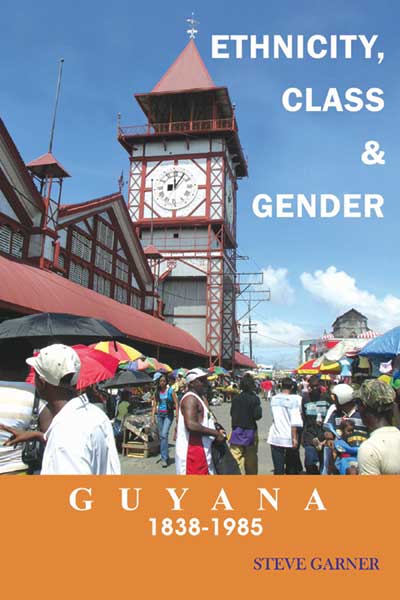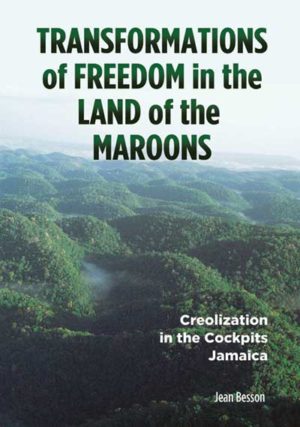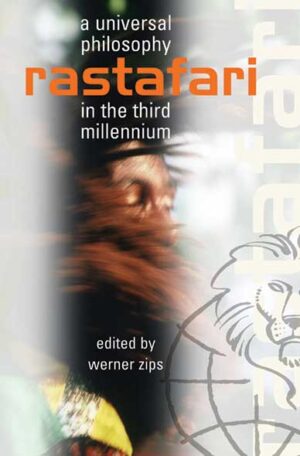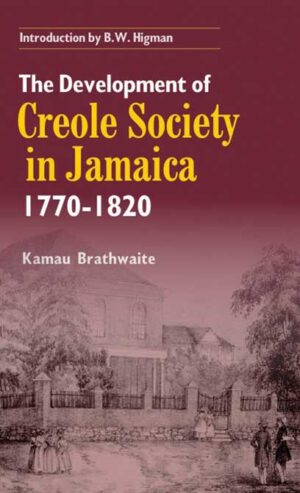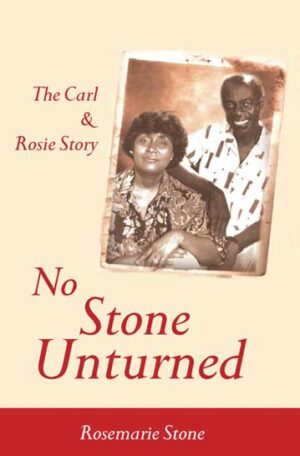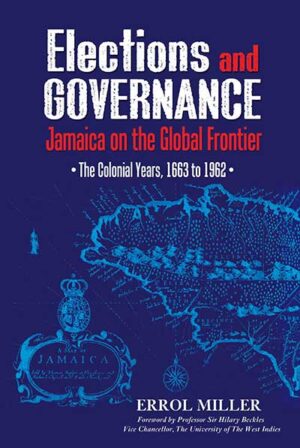Description
This book traces the creation of the ethnic groups in the nineteenth century and its ultimate impact on the colony’s political constituencies in the run-up to independence. The Construction of the nation in the post colonial period is approached through an analysis of crocket, trade unions and women traders in the late 1970s and early 1980s in an effort to identify patterns in Guyanese nation building. British and US Government documents illuminate the decolonization process, establishing the extent, form and timing of Anglo-American complicity in the events of 19961-64, and indication their impact in ethnic power relations.
Guyana 1838-1985: Ethnicity, Class and Gender combines the methodologies of history and sociology to reassess the history of Guyana. It advances two principal arguments. First, that ethnicity as a historical relationship can be understood as a social experience if it is viewed as part of a set of overlapping identities which include class and gender. Second, that ethnicity in Guyana was created in colonial times and deployed as a toll for dominance which has reconfigured itself to function effectively in postcolonial times.
This volume, with its interdisciplinary approach, will add significantly to the literature on Guyana.


